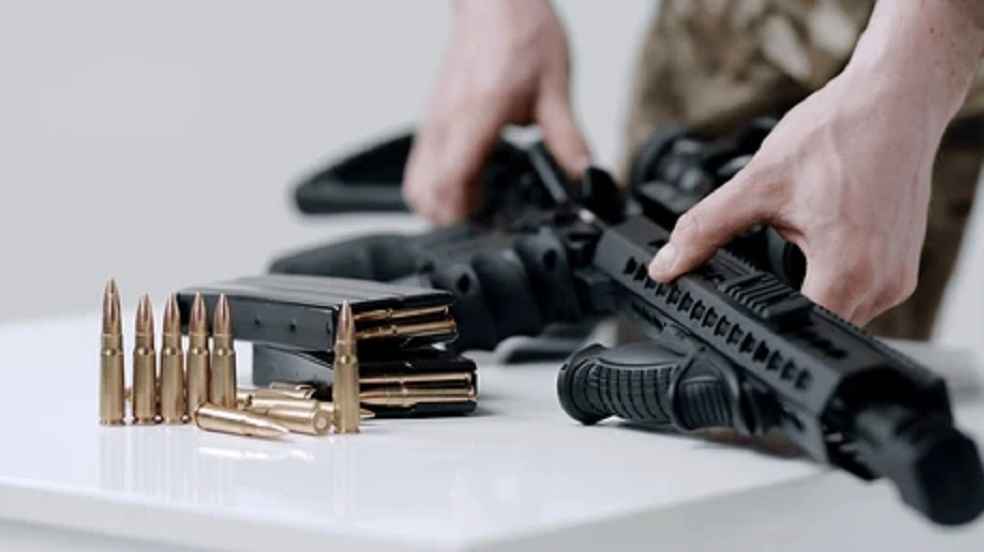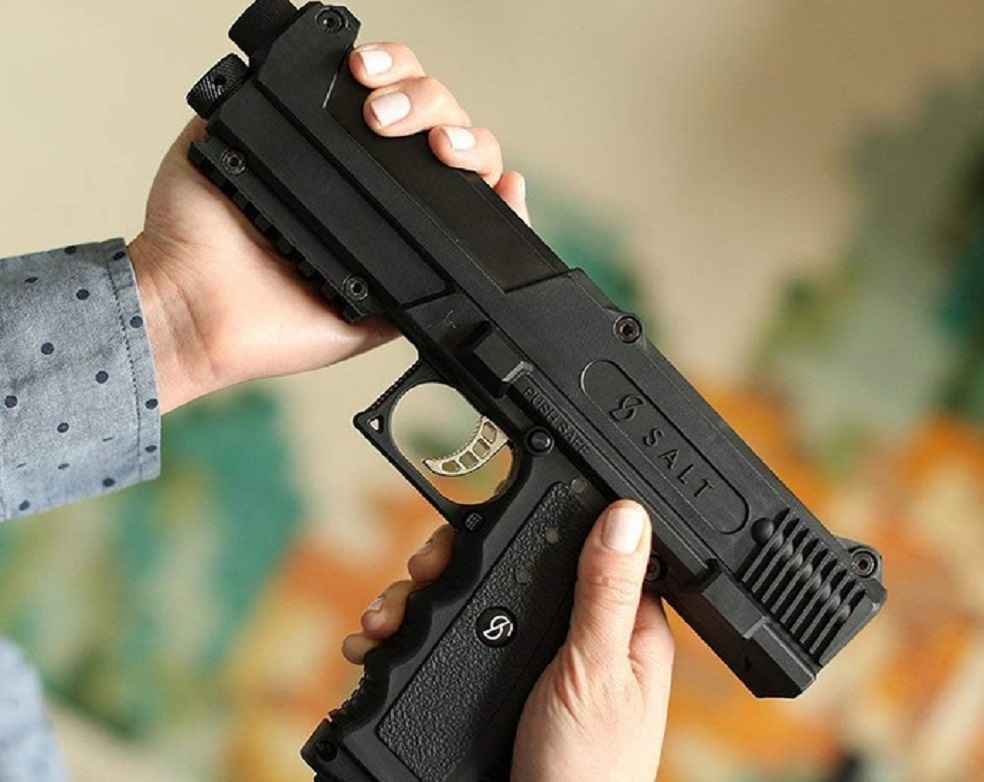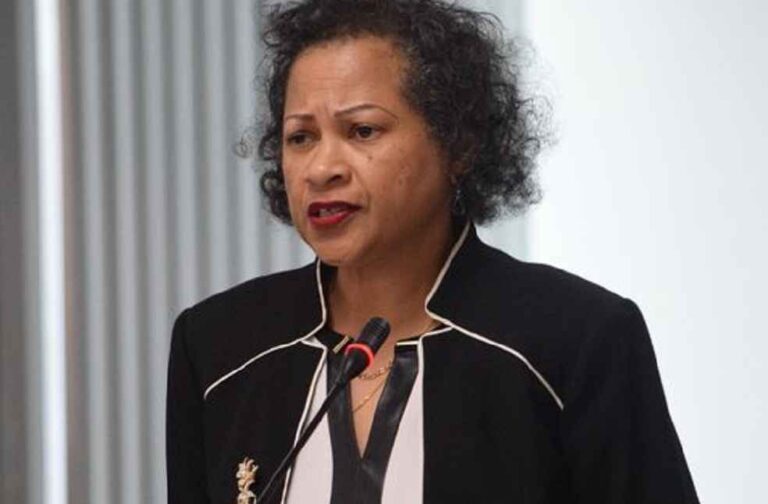Nyree Alfonso, an attorney and director at one of Trinidad and Tobago’s largest firearm dealerships, has raised significant concerns about the repercussions of new U.S. regulations on gun exports designed to reduce the global circulation of American-made civilian firearms in criminal activities.
Effective May 30, these stringent U.S. measures require enhanced vetting of customers and restrict sales to 36 nations identified as high-risk zones for the illegal diversion of semi-automatic weapons. Trinidad and Tobago, where Alfonso’s Firearms Training Institute is located, features prominently on this list, stirring anxiety about potential adverse effects on local businesses.
Alfonso reports that the new rules have already precipitated a shortfall in ammunition at her dealership. “Our ammunition supplies for training and security services are critically low,” she stated. “Imminently, criminals might be the only group well-armed.”

The U.S. Department of Commerce, which paused most firearm exports in October 2023, only recently revealed this halt. “This policy caught us unprepared when unveiled in May. It places us in an extremely vulnerable position,” Alfonso remarked.
Legal battles over import permits have plagued the Firearms Training Institute, managed by Alfonso’s husband, Towfeek Ali, illustrating the regulatory hurdles faced by legitimate firearm dealers.
The new export limitations include a default denial of commercial transactions to non-governmental entities in the listed countries, significantly complicating inventory procurement for dealers like Alfonso.
Compounding the issue is an April 26 report by the Caribbean Community’s (Caricom) Implementation Agency for Crime and Security (IMPACS) and the Small Arms Survey. The report highlighted the Caribbean region’s status as having the lowest legal firearm ownership rates globally. Alfonso challenges the rationale behind the stringent U.S. policy, questioning its necessity given the already minimal legal ownership rates. “Targeting legal dealers and owners appears misguided when considering our low ownership statistics,” she argued.

Public commentary on this new rule is open until July 1, providing an opportunity for affected parties like Alfonso to express their concerns and possibly shape the policy’s ultimate execution.
The broad scope of the policy, affecting diverse nations from Jamaica to Vietnam, underscores its potential to reshape global dynamics in the international arms market.
As Alfonso and other key figures navigate these turbulent waters, they must confront not only the immediate impacts on security and legal firearm availability but also the broader ramifications for global commerce and regional stability.
LOGISTICS INDUSTRY | Pakistan, Afghanistan Launch TAD to Boost Cross-Border Trade



